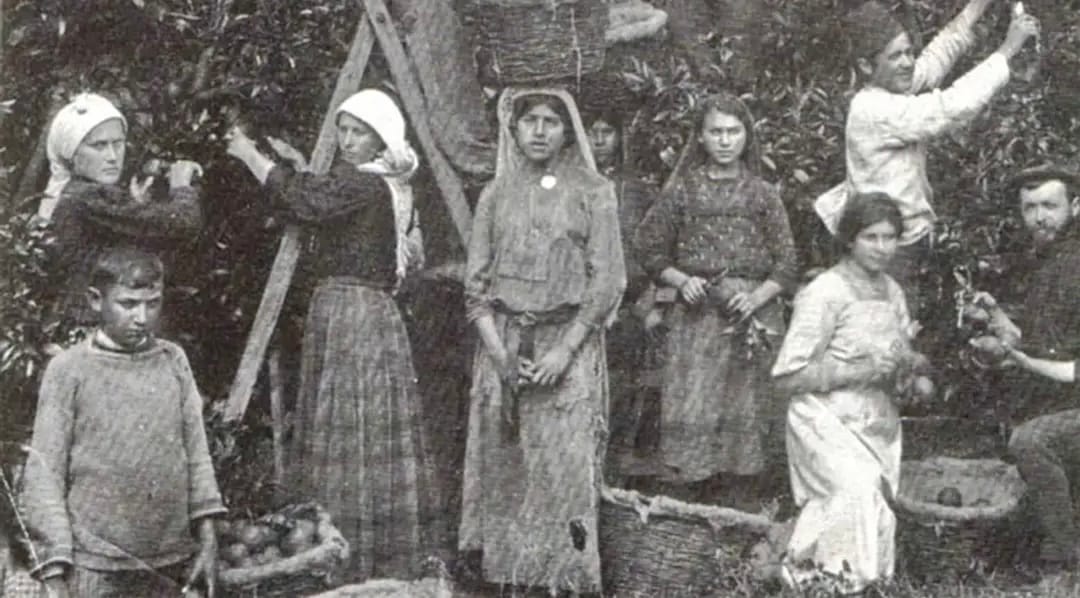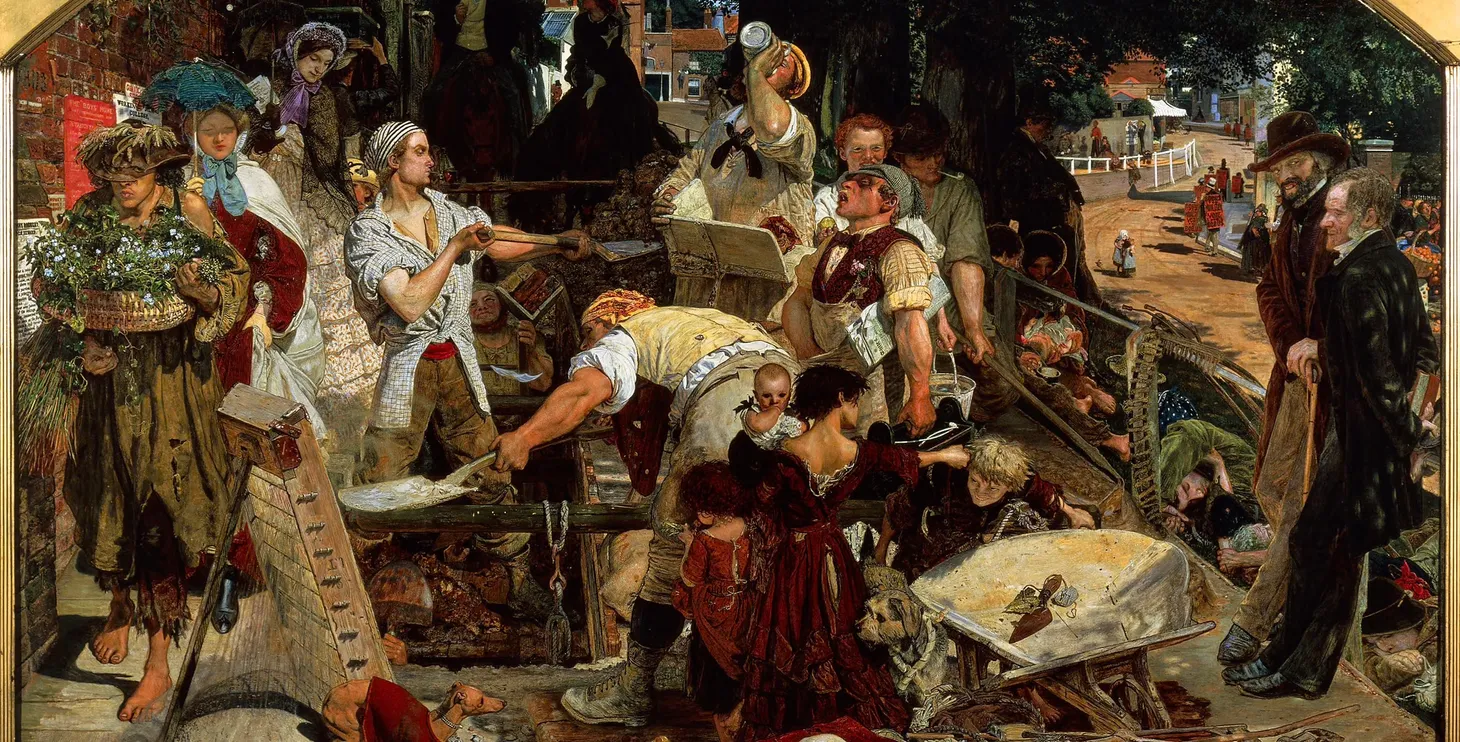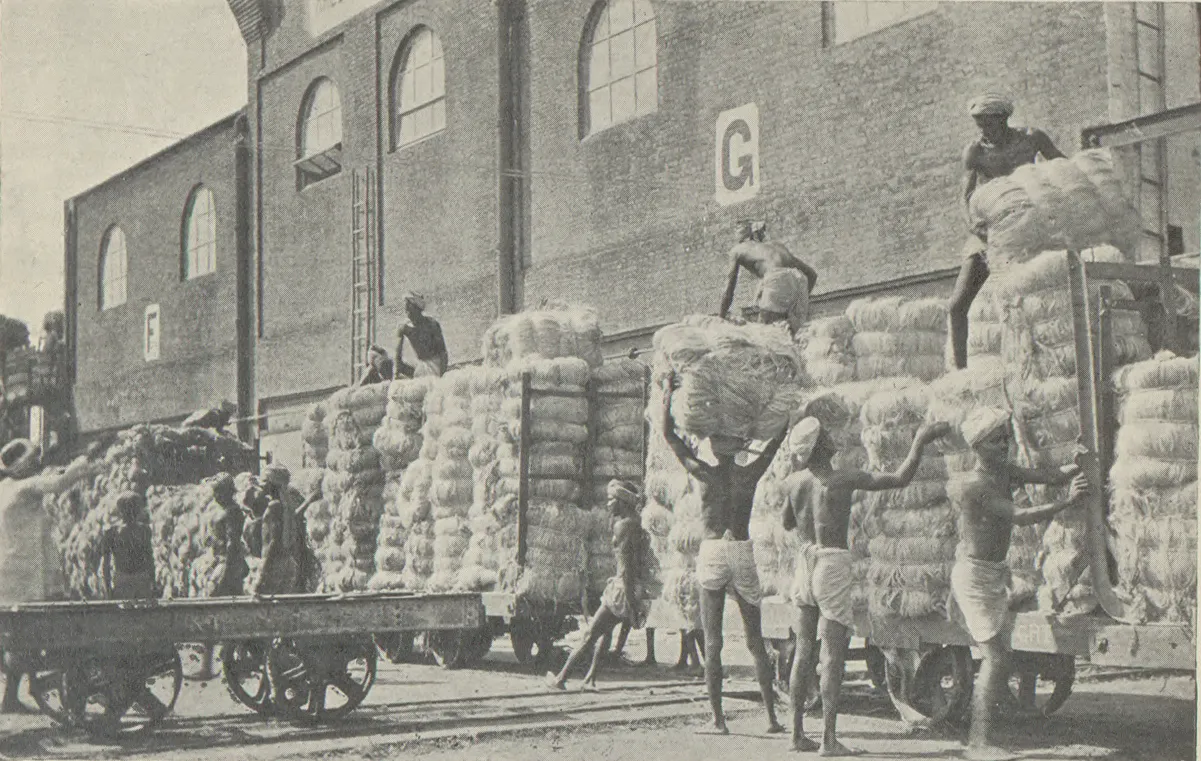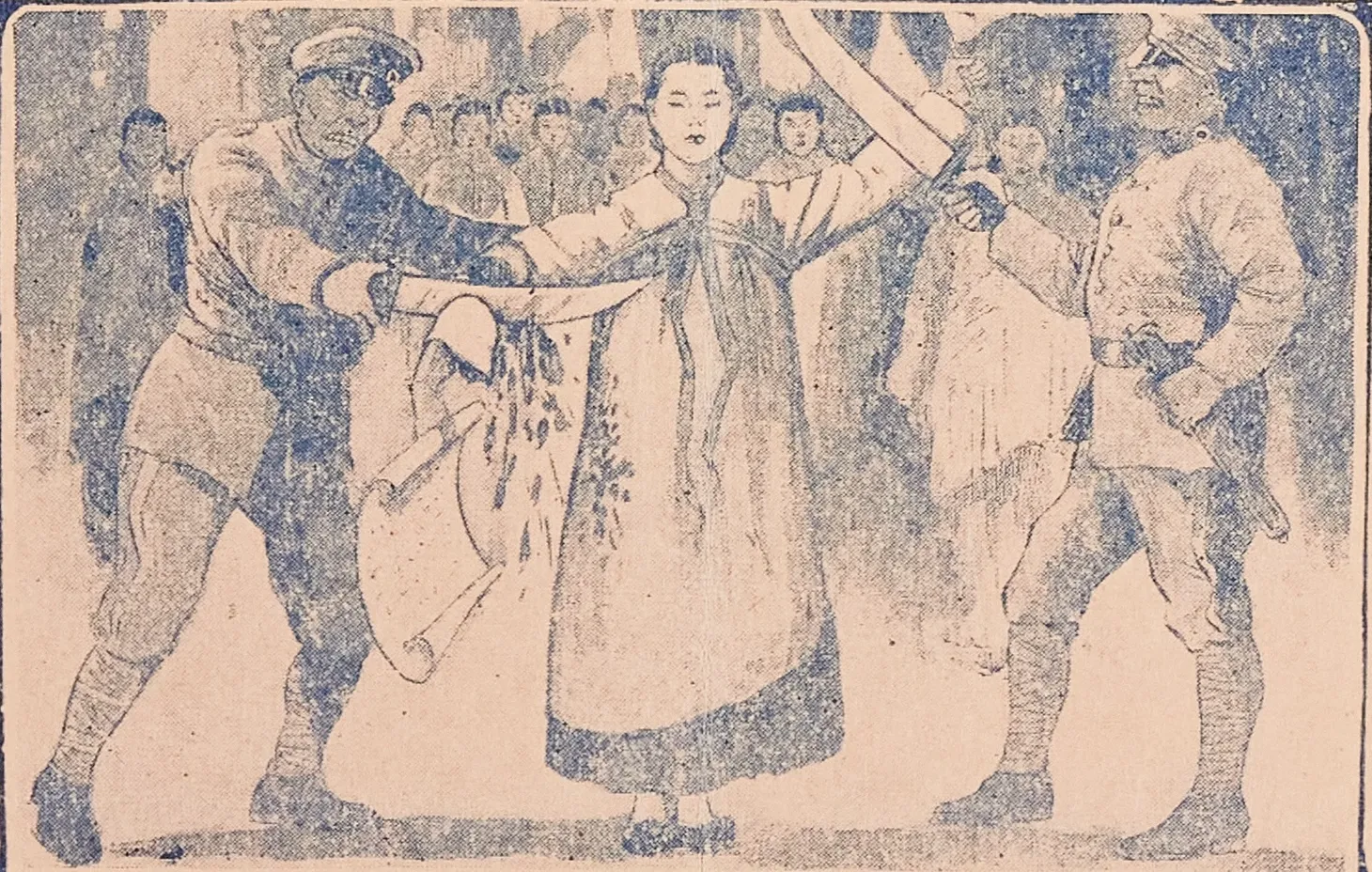“Study and Understand the Psyche of Our Neighbors”: Palestinian and Zionist Exchanges, 1899-1914
Discussion of teaching Palestinian and Zionist encounters at the beginning of the twentieth century

Knowing the outcomes is one of the most challenging aspects of teaching history. When we teach about many significant events, such as the breakup of the Ottoman Empire or the outbreak of the First World War, we want to help students understand why they happened. We tend to focus only on the stories and individuals that contributed to the significant events, and we often leave out seemingly unrelated minor individuals and stories. But what happens to students’ sense of history when we leave out the other stories? If we only focus on the stories “relevant” to the topic, students are unaware of how many people imagined other possible outcomes. The students don’t learn about alternative visions or those who pushed back and asked questions.
This challenge is especially present when we teach about Israelis and Palestinians. We often become so focused on explaining the causes of the “conflict” that we miss out on the moments when early Zionists and indigenous Palestinians interacted, learned from each other, and even helped each other. We miss out on the unique individuals who resisted and asked questions. In the fifteen years before the outbreak of the First World War, both European Jews living in Ottoman Palestine and indigenous Palestinians increasingly saw themselves in national terms, but they also regularly interacted. By examining these interactions at both the elite and non-elite levels, students can see how the histories of Palestinians and Israelis became intertwined at the start of the twentieth century.
Ottoman Palestine at the Start of the Twentieth Century
This content is for Paid Members
Unlock full access to Liberating Narratives and see the entire library of members-only content.
SubscribeAlready have an account? Log in



